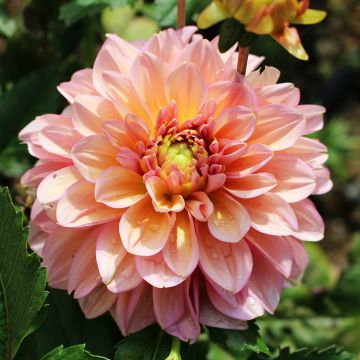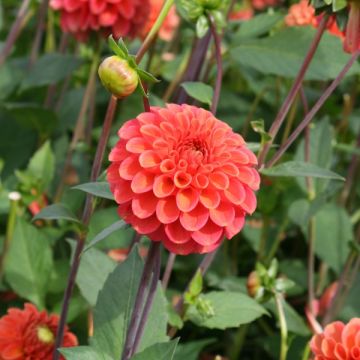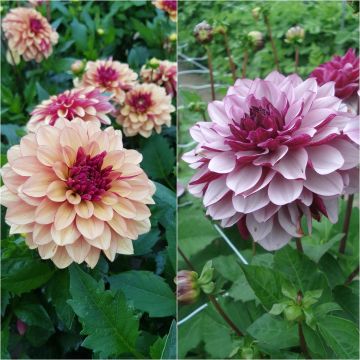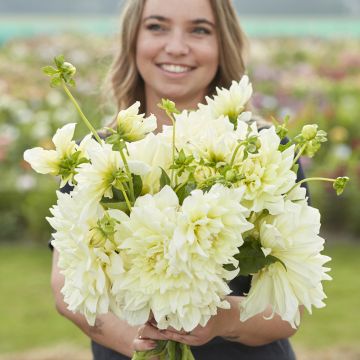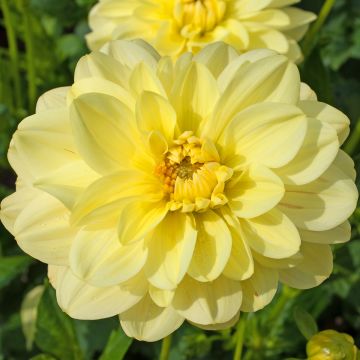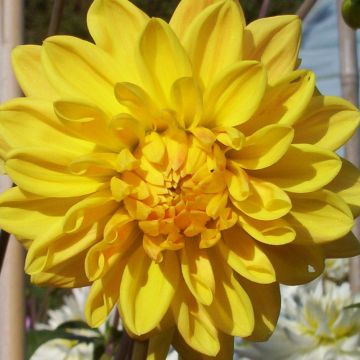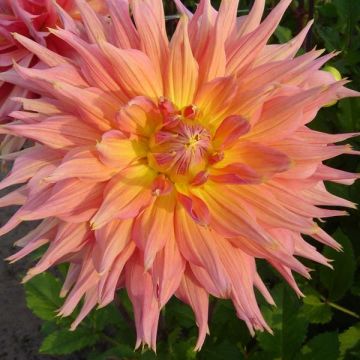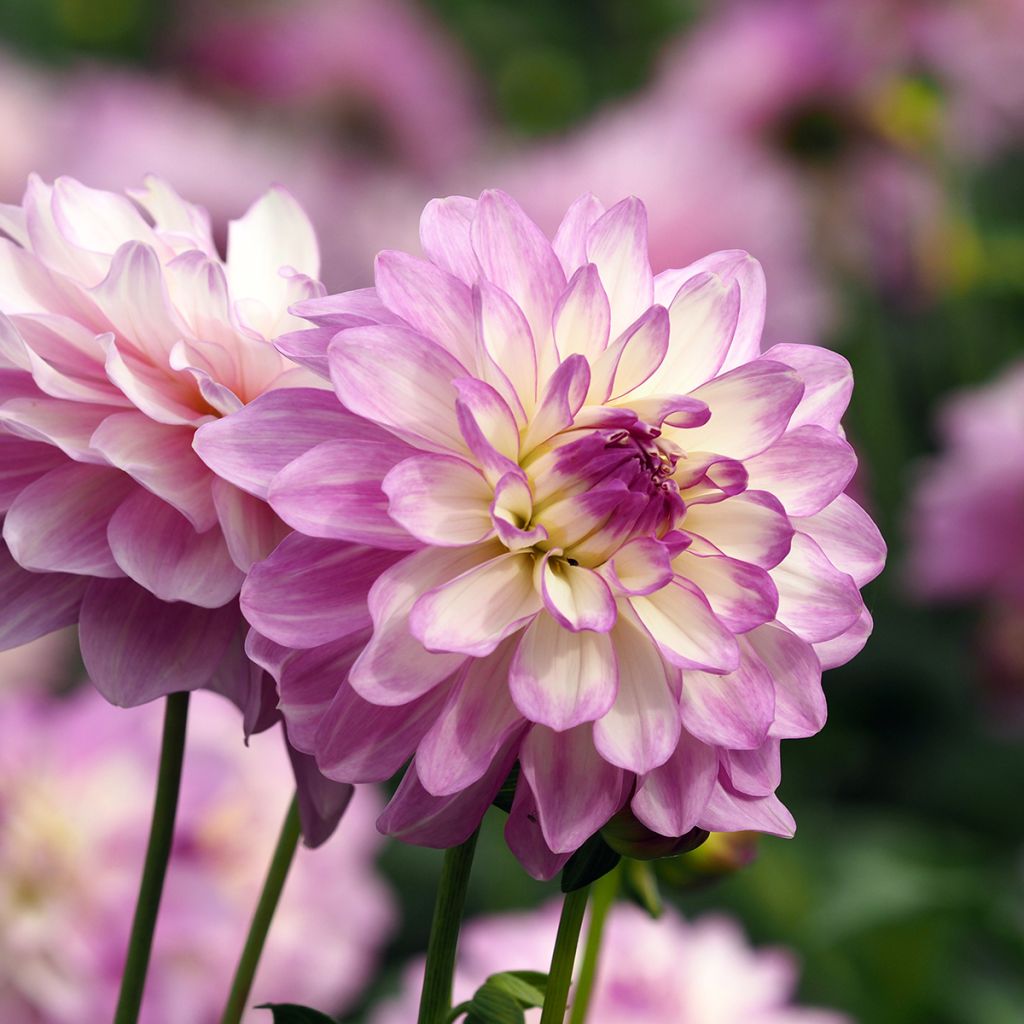

Dahlia El Paso
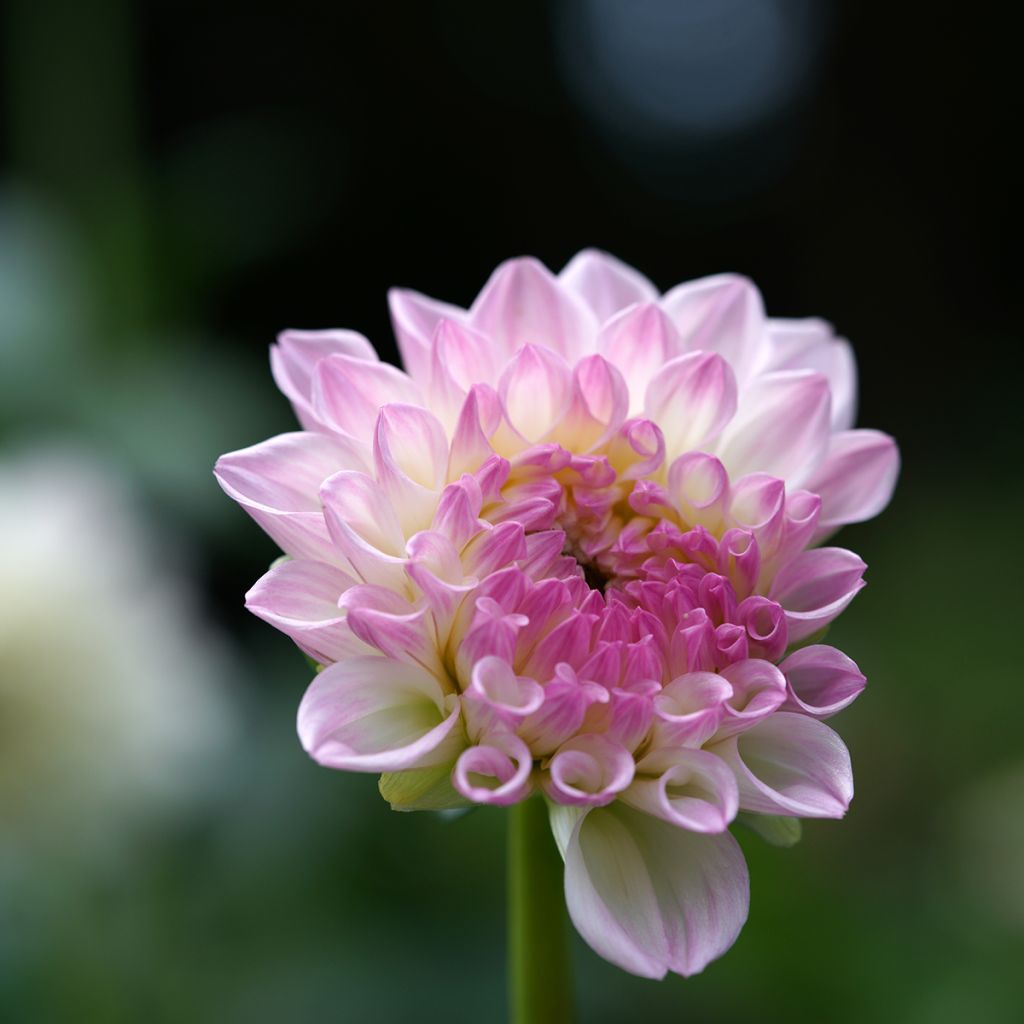

Dahlia El Paso
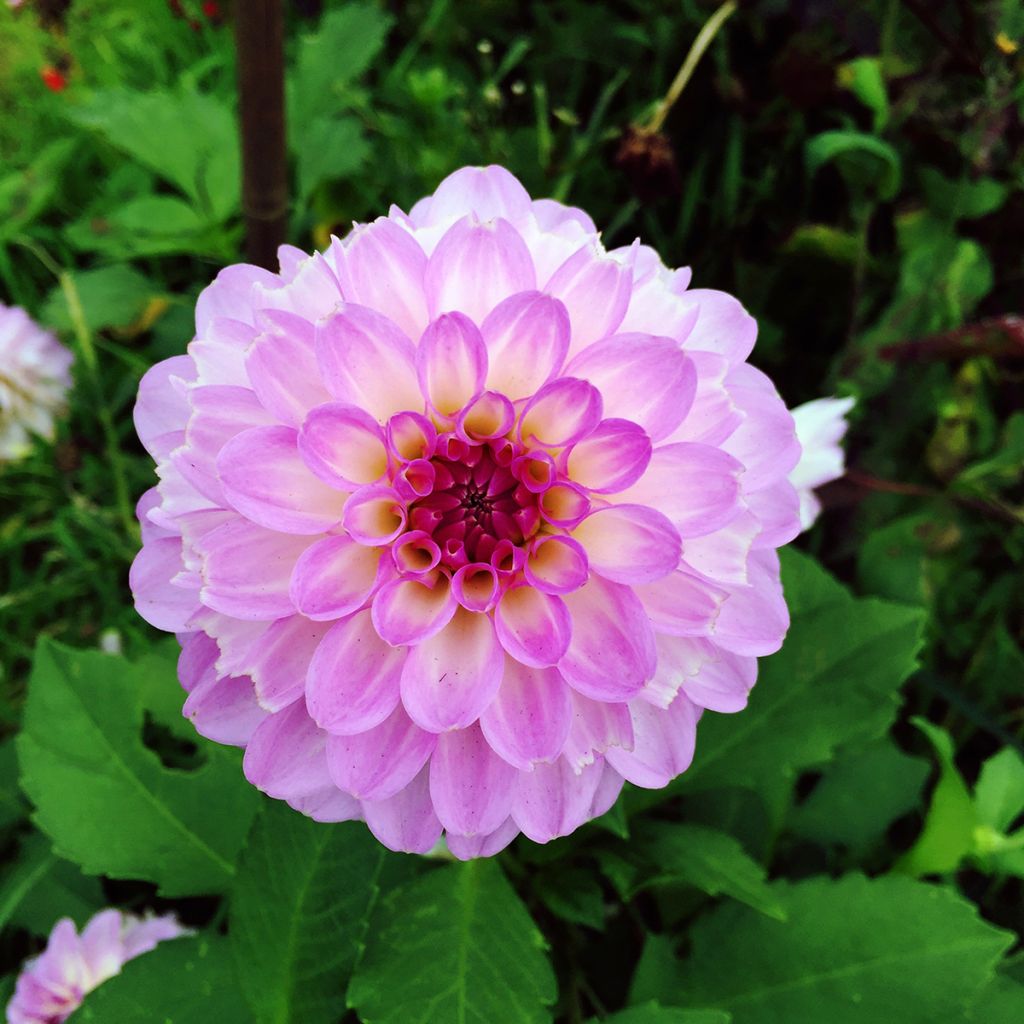

Dahlia El Paso
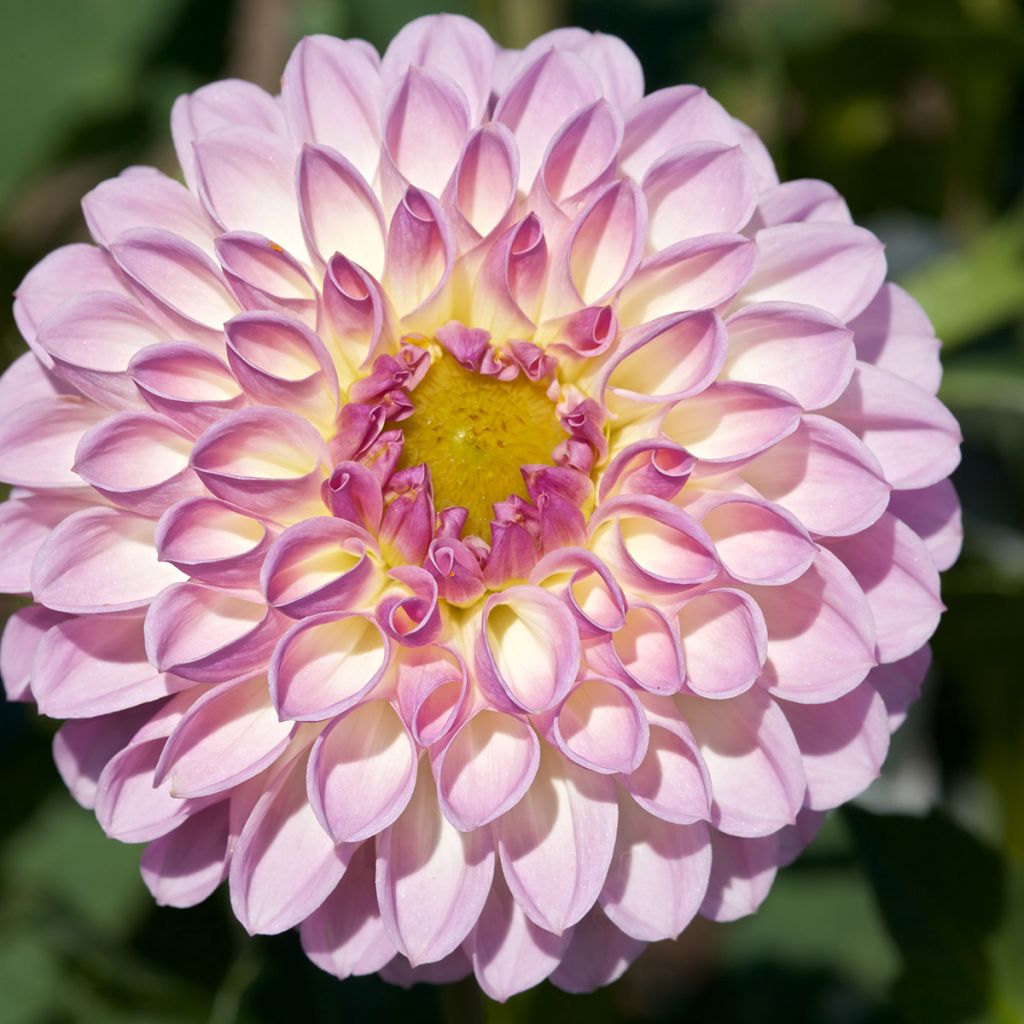

Dahlia El Paso
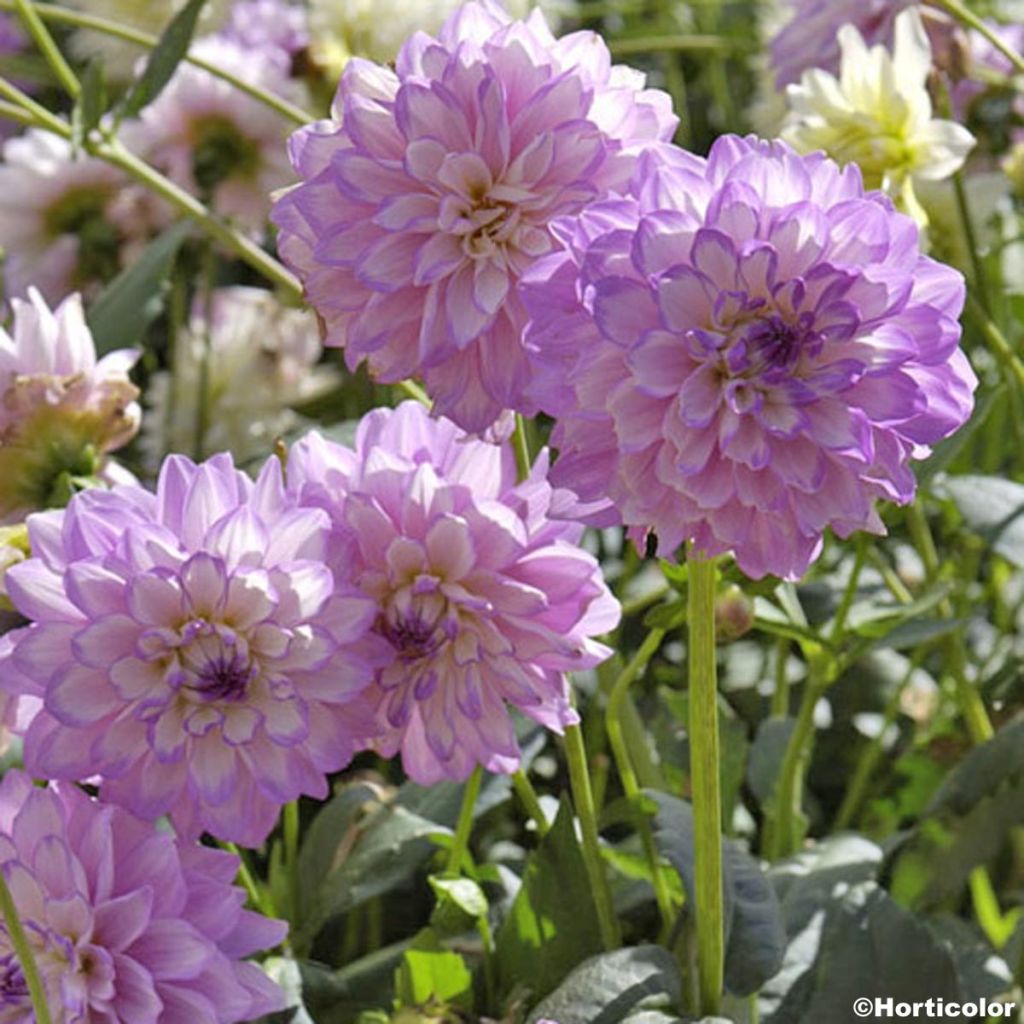

Dahlia El Paso
Dahlia El Paso
Dahlia El Paso
Dahlia
Regarding our first order, we were pleasantly surprised by the quality of the products and the speed of delivery. Planted immediately, we are now waiting to assess the product. The planting advice is a bonus.
Joelle Royer, 28/04/2016
Special offer!
Receive a €20 voucher for any order over €90 (excluding delivery costs, credit notes, and plastic-free options)!
1- Add your favorite plants to your cart.
2- Once you have reached €90, confirm your order (you can even choose the delivery date!).
3- As soon as your order is shipped, you will receive an email containing your voucher code, valid for 3 months (90 days).
Your voucher is unique and can only be used once, for any order with a minimum value of €20, excluding delivery costs.
Can be combined with other current offers, non-divisible and non-refundable.
Home or relay delivery (depending on size and destination)
Schedule delivery date,
and select date in basket
This plant carries a 6 months recovery warranty
More information
We guarantee the quality of our plants for a full growing cycle, and will replace at our expense any plant that fails to recover under normal climatic and planting conditions.
Would this plant suit my garden?
Set up your Plantfit profile →
Description
The Dahlia 'El Paso' is a beautiful variety that offers inflorescences in the form of large light pink-lilac pompoms with a light yellow centre, marked with a purple-violet zone in young flowers. At full bloom, they are almost bicolored, in mauve pink and pale yellow, so that the overall effect is a bouquet with both tender and bold colours. They are produced abundantly, from summer to autumn, on a medium-sized plant. This very floriferous dahlia provides a long flowering period, perfect for adding an elegant and precious touch to flower beds or home bouquets.
Dahlias belong to the large family of asters, they are originally from the high plateaus of Mexico. Currently, the approximately 25,000 horticultural varieties obtained by humans have invaded, to our greatest pleasure, gardens all over the world. Dahlia varieties are classified according to the shape of their heads. 'El Paso' is a Dahlia from the decorative group with ball-shaped flowers. In this category, the heads have no visible centre and are composed of numerous regular and completely rolled petals (ligules), tubular, and never flare open. It includes varieties that form real spheres, such as pompoms (diameter less than 6 cm (2in)) and balls (diameter greater than 6 cm (2in)). The heads of this 'El Paso' variety are regular and generally measure more than 10 cm (4in) in diameter, sometimes much more (up to 15 cm (6in)). The outermost ligules are pale pink-lilac while at the tight heart of the flower is a darker purple before full blooming. The plant will reach approximately 80 to 90 cm (32 to 35in) in height and 50 cm (20in) in width, depending on the growing conditions. It has an upright habit, and its purple stems sometimes require staking. Its leaves are divided into very denticulate lobes. The flowering of this variety begins in July and ends in October-November, if care is taken to remove faded flowers or frequently make bouquets.
Today, essential in gardens, whether ornamental or even in the vegetable patch, Dahlias were initially cultivated in Mexico as a root vegetable. Their poor taste quickly assigned them the status of ornamental plants, but they are still welcome in the vegetable patch to bring some colour among the vegetables. 'El Paso' is a beautiful plant that can be used to structure raised flower beds, and can be paired with purple foliage, for example (Cotinus 'Royal Purple', Physocarpus 'Red Baron', Sambucus nigra 'Black Lace'). It pairs particularly well with plum, mauve, and violet flowers.
Report an error about the product description
Plant habit
Flowering
Foliage
Botanical data
Dahlia
El Paso
Asteraceae
Dahlia
Cultivar or hybrid
Planting and care
The Dahlia 'El Paso' is easy to grow in all regions. For abundant flowering, it is good to follow a few simple rules, plant the tubers in a sunny location as soon as the last frost has passed, rich, fresh, and well-drained soils are perfect. However, stagnant moisture would promote tuber rot. Feel free to amend the soil with compost and sand if necessary. Work the soil deeply and enrich it, for example, with crushed horn or dehydrated blood. Place your tuber and crumble the soil well to fill the hole without air pockets. Your dahlia should be covered with about 6 cm (2in) of soil. At the end of planting, water abundantly once and then regularly for the first 6 weeks to help with rooting.
Dahlias are sensitive to cold, they need to be overwintered under shelter. In November, the first frosts blacken the foliage, so it is time to dig them up. Carefully unearth the tubers. Remove as much soil as possible. Let the foliage dry so that the tubers can replenish their reserves. Then cut the stems down to 10 cm (4in). Spread your bulbs in a crate on newspaper. Store them protected from frost in a dry, cool, and dark place, such as a frost-free garage or an attic. In the southern regions, close to the coast, where there are few frosty days per year, it is possible to leave them in place. In this case, simply cover the ground with a layer of leaves or straw for protection.
This tall dahlia, with its hollow stems, is not resistant to wind or heavy rain. To overcome this drawback, you can stake it but it's not very attractive. On the other hand, by pinching the stems early you can spread out the habit of the plant, which will offer more resistance to bad weather. Alternatively, you can remove the axillary flower buds to channel the flow of sap to a single flower, which will become larger and sturdier, though taller.
Planting period
Intended location
Care
-
, onOrder confirmed
Reply from on Promesse de fleurs
Similar products
Haven't found what you were looking for?
Hardiness is the lowest winter temperature a plant can endure without suffering serious damage or even dying. However, hardiness is affected by location (a sheltered area, such as a patio), protection (winter cover) and soil type (hardiness is improved by well-drained soil).

Photo Sharing Terms & Conditions
In order to encourage gardeners to interact and share their experiences, Promesse de fleurs offers various media enabling content to be uploaded onto its Site - in particular via the ‘Photo sharing’ module.
The User agrees to refrain from:
- Posting any content that is illegal, prejudicial, insulting, racist, inciteful to hatred, revisionist, contrary to public decency, that infringes on privacy or on the privacy rights of third parties, in particular the publicity rights of persons and goods, intellectual property rights, or the right to privacy.
- Submitting content on behalf of a third party;
- Impersonate the identity of a third party and/or publish any personal information about a third party;
In general, the User undertakes to refrain from any unethical behaviour.
All Content (in particular text, comments, files, images, photos, videos, creative works, etc.), which may be subject to property or intellectual property rights, image or other private rights, shall remain the property of the User, subject to the limited rights granted by the terms of the licence granted by Promesse de fleurs as stated below. Users are at liberty to publish or not to publish such Content on the Site, notably via the ‘Photo Sharing’ facility, and accept that this Content shall be made public and freely accessible, notably on the Internet.
Users further acknowledge, undertake to have ,and guarantee that they hold all necessary rights and permissions to publish such material on the Site, in particular with regard to the legislation in force pertaining to any privacy, property, intellectual property, image, or contractual rights, or rights of any other nature. By publishing such Content on the Site, Users acknowledge accepting full liability as publishers of the Content within the meaning of the law, and grant Promesse de fleurs, free of charge, an inclusive, worldwide licence for the said Content for the entire duration of its publication, including all reproduction, representation, up/downloading, displaying, performing, transmission, and storage rights.
Users also grant permission for their name to be linked to the Content and accept that this link may not always be made available.
By engaging in posting material, Users consent to their Content becoming automatically accessible on the Internet, in particular on other sites and/or blogs and/or web pages of the Promesse de fleurs site, including in particular social pages and the Promesse de fleurs catalogue.
Users may secure the removal of entrusted content free of charge by issuing a simple request via our contact form.
The flowering period indicated on our website applies to countries and regions located in USDA zone 8 (France, the United Kingdom, Ireland, the Netherlands, etc.)
It will vary according to where you live:
- In zones 9 to 10 (Italy, Spain, Greece, etc.), flowering will occur about 2 to 4 weeks earlier.
- In zones 6 to 7 (Germany, Poland, Slovenia, and lower mountainous regions), flowering will be delayed by 2 to 3 weeks.
- In zone 5 (Central Europe, Scandinavia), blooming will be delayed by 3 to 5 weeks.
In temperate climates, pruning of spring-flowering shrubs (forsythia, spireas, etc.) should be done just after flowering.
Pruning of summer-flowering shrubs (Indian Lilac, Perovskia, etc.) can be done in winter or spring.
In cold regions as well as with frost-sensitive plants, avoid pruning too early when severe frosts may still occur.
The planting period indicated on our website applies to countries and regions located in USDA zone 8 (France, United Kingdom, Ireland, Netherlands).
It will vary according to where you live:
- In Mediterranean zones (Marseille, Madrid, Milan, etc.), autumn and winter are the best planting periods.
- In continental zones (Strasbourg, Munich, Vienna, etc.), delay planting by 2 to 3 weeks in spring and bring it forward by 2 to 4 weeks in autumn.
- In mountainous regions (the Alps, Pyrenees, Carpathians, etc.), it is best to plant in late spring (May-June) or late summer (August-September).
The harvesting period indicated on our website applies to countries and regions in USDA zone 8 (France, England, Ireland, the Netherlands).
In colder areas (Scandinavia, Poland, Austria...) fruit and vegetable harvests are likely to be delayed by 3-4 weeks.
In warmer areas (Italy, Spain, Greece, etc.), harvesting will probably take place earlier, depending on weather conditions.
The sowing periods indicated on our website apply to countries and regions within USDA Zone 8 (France, UK, Ireland, Netherlands).
In colder areas (Scandinavia, Poland, Austria...), delay any outdoor sowing by 3-4 weeks, or sow under glass.
In warmer climes (Italy, Spain, Greece, etc.), bring outdoor sowing forward by a few weeks.

































